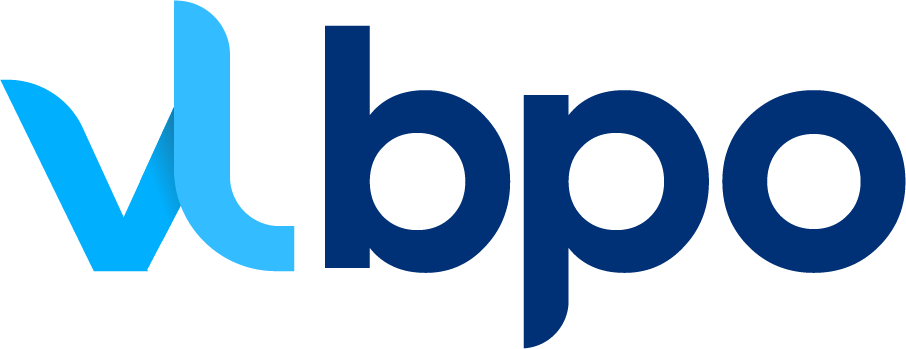Payment Card Industry Data Security Standards (PCI DSS) compliance solutions
Assure customer-server communications are secure and PCI compliant.

Introduction to PCI DSS
Devolity offers PCI-trained Qualified Security Assessors (QSAs) as part of our cybersecurity consulting services to help with new PCI assessments or PCI DSS 4.0 transition planning and assessments.Each company that manages credit card data or other forms of payment card data has to have PCI DSS compliance software. A data breach brought on by non-compliance might cost millions in settlements, legal expenses, and reputational damage. Non-compliance can result in PCI DSS penalties and fines being issued daily.
The numerous security technology requirements outlined by PCI DSS 3.2 are, however, a challenge for many IT security teams. Choosing the security technologies you need to use in order to comply with PCI DSS might be challenging.
Services we provide with PCI DSS compliance
- PCI Cloud Web Hosting
- PCI Level - 1, 2, 3 & 4
- PCI compliance by third party
- Security Awareness Training
- Server bug fixing for PCI failed
- PCI compliance on application
HIPAA Compliance Management
Protect your health data Devolity HIPAA Compliance Management.

Introduction to HIPAA
In response to these worries, the Health Insurance Portability and Accountability Act of 1996 (HIPAA) was passed, establishing federal guidelines for the security of private patient information. In this post, we'll look at the main HIPAA compliance requirements and how healthcare organizations may protect patient health information.Compliance and Enforcement
The HIPAA standards include significant penalties for non-compliance. Enforcing HIPAA regulations is the responsibility of the HHS Office for Civil Rights (OCR). Any complaints or violations should be reported to the OCR, who has the power to carry out investigations and apply civil monetary penalties.
The US Department of Health and Human Services (HHS) promulgated the HIPAA Privacy Regulation, which establishes guidelines for how to use and disclose protected health information (PHI) about individuals (PHI). The Privacy Rule must be followed by all covered entities, such as healthcare providers, health plans, healthcare clearinghouses, and business partners.
Services Ensuring HIPAA Compliance
- Conduct a comprehensive risk assessment
- Develop and implement policies
- Safeguard electronic systems
- Monitor and audit
- Maintain business associate agreements
- Stay updated /Train employees
Devolity delivers top-notch security compliance solutions.
Ensure maximum safety and a seamless experience with our expert services.
ISO compliance solutions
ISO 27002 Assessment Services by Devolity.

The International Standards Organization (ISO)
Produced the ISO 27002 set of standards for information security and information security systems management. Your company may handle, store, or send sensitive information while carrying out routine business processes. To assist you in protecting this information and reducing your risk associated with this sensitive information, the ISO 27002 framework defines particular procedures.
The criteria outlined in the ISO 27002 IT Security Framework are widely known to IT Compliance. Our evaluation process considers both the security categories provided in each of the 14 clauses listed in the ISO 27002 standard. The following fourteen clauses are covered by an ISO 27002 assessment
The ISO/IEC 27000 set of standards, which sometimes goes by the names ISO 27002 and ISO/IEC 27002, offers guidance for information security management systems (ISMS). The code of conduct for information security controls is the main topic of ISO 27002. The ISO 27002 contains suggestions and best practices for several facets of information security in each clause or section.
The important provisions addressed by ISO 27002 are as follows
- Organization of Security Policies
- Human Resource Security
- Asset Management
- Physical and Environmental Security
- System Acquisition, Development, and Maintenance
- Information Security Incident Management
Devolity GDPR Compliance Solutions
Assure customer-server communications are secure and PCI compliant.

General Data Protection Regulation, or GDPR.
The largest compliance mandate to be released in the last ten years is likely the Companies everywhere, regardless of size, must make sure they are protecting and upholding the privacy of the data they possess on data subjects in the European Union in the lead up to the May 25, 2018, effective date and going forward.
What is GDRP
The GDPR is the legal framework for the European Union that specifies obligations for businesses that gather and process personal data of data subjects in the EU. For those who break the GDPR and reveal the personal information of EU data subjects, this strict framework carries substantial fines of $20 million euros or 4% of income, whichever is Higher.
GDPR Basic Conditions
Data Classification and Identification - Which of the records you keep meet the GDPR's criteria for personally identifiable information?
Data Mapping: When you've determined what data you keep, the next thing you need to figure out is where it is located on your network and with your cloud service providers.
Physical and logical controls are necessary to ensure the security of this data after you have identified the data you have and where it is located. To do this, you must evaluate how people, processes, and technology interact.
GDRP Compliance by Devolity
- GDPR Audit
- GDPR Advisory Services
- PCI compliance by third party
- GDPR Risk Assessment
- GDPR Certificate
Frequently asked questions
Security refers to the systems and rules that an organization uses to protect its intellectual property, and compliance means meeting the criteria that an outside organization has set as optimal procedures or legal requirements.
Your business will have accessibility to customer support representatives and, depending on the Security services package you select, direct consultancy services. Our customer service representatives and information technology experts are here to help.
Good security compliance helps safeguard a company's brand. It keeps its activities legal, affecting the company's bottom line, and Devolity is a security solution that protects the safety of an organisation's data.
Devolity goal is to meet industry standards, legal requirements, security rules, and the needs of the business.
Our expert team continuously monitors and evaluates as part of security compliance management. Information security compliance processes involve communication, documentation, and automation of controls and procedures.
With the help of Devolity Security compliance management, your businesses can create and maintain security policies and procedures that adhere to relevant laws, standards, and regulations. It is our job to make sure that your company has taken all the necessary precautions to avoid being the victim of a cyberattack or a data breach.
Discover The Reasons Behind Selecting Us.
Brands who trust on Devolity














